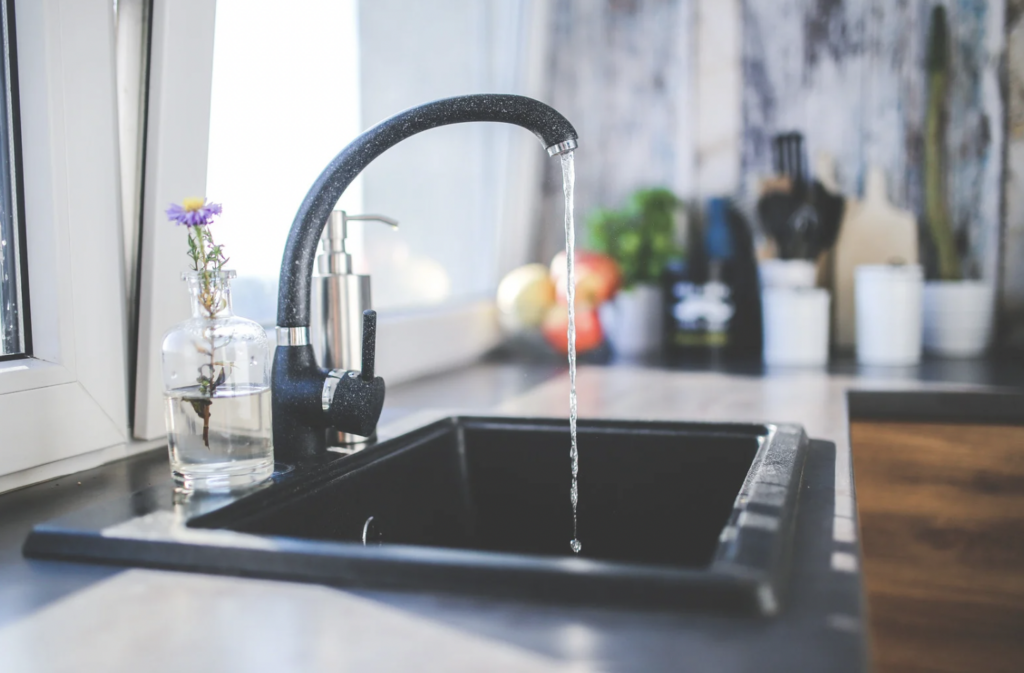
Low water pressure can be a frustrating issue for homeowners. From a weak trickle in the shower to faucets that take forever to fill a sink, water pressure problems can disrupt your daily routine. What causes low water pressure? There are several potential culprits, ranging from minor fixes to more serious plumbing concerns. Here’s a guide to help you understand the common causes of low water pressure and when it’s time to call in the professionals.
Common Causes of Low Water Pressure
1. Clogged Pipes
Over time, mineral deposits and debris can build up inside your pipes, restricting the flow of water. This is a common issue in homes with hard water or older plumbing systems. Clogged pipes not only reduce water pressure but can also lead to leaks if left unresolved.
2. Faulty Fixtures
Sometimes the issue isn’t with your plumbing system but with the fixtures themselves. Aerators and showerheads can become clogged with dirt and mineral deposits, leading to reduced water flow. Cleaning or replacing these fixtures can often restore water pressure.
3. Problems with the Water Supply
Your home’s water pressure may be affected by issues with your municipal water supply. If your neighbors are experiencing the same problem, the issue might lie with the local water utility. A temporary dip in water pressure could also occur due to maintenance work in your area.
4. Water Leaks
Undetected leaks in your plumbing system can reduce water pressure throughout your home. Leaks not only waste water but can also cause structural damage if they’re not addressed promptly. Signs of a leak may include water stains on walls or ceilings and an unexplained increase in your water bill.
5. Broken Pressure Regulator
Homes with a pressure regulator may experience low water pressure if the device is faulty or incorrectly adjusted. The pressure regulator controls the force of water entering your home, and when it malfunctions, it can lead to either high or low water pressure.
6. Corroded Pipes
If your home has older plumbing with galvanized steel pipes, corrosion may be to blame. Over time, the inside of these pipes can rust and narrow, reducing water flow. This is a more significant issue that typically requires replacing the affected pipes.
When Should You Call a Professional?
While some causes of low water pressure can be addressed with DIY fixes—such as cleaning a showerhead or replacing a faucet—others require the expertise of a professional plumber. If you suspect a leak, have corroded pipes, or are dealing with persistent low water pressure despite your efforts, it’s time to call in the experts.
The Solution Based Team is Your Trusted Partner
At Solution Based Plumbing, Heating, and Air Conditioning, we understand how disruptive low water pressure can be to your daily life. Our team of experienced plumbers is equipped to diagnose and fix any issue, whether it’s a simple fixture replacement or a more complex pipe repair. We pride ourselves on providing top-notch service to homeowners in Philadelphia County and the surrounding areas. Contact Solution Based Plumbing, Heating, and Air Conditioning for expert service you can trust!
